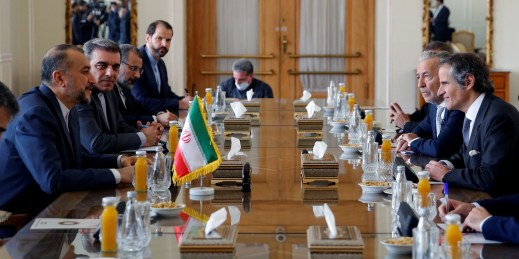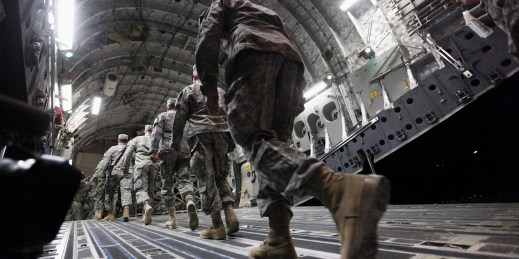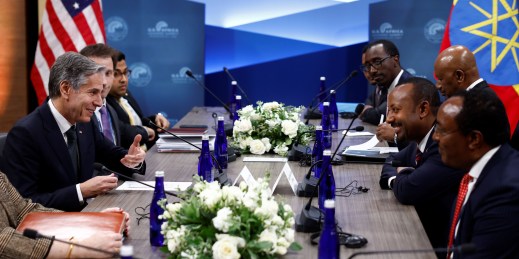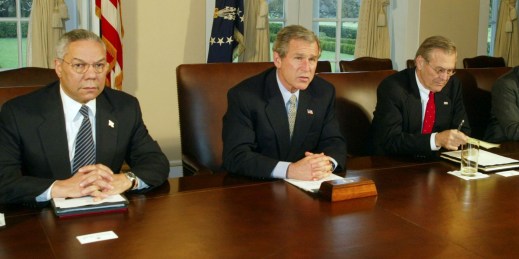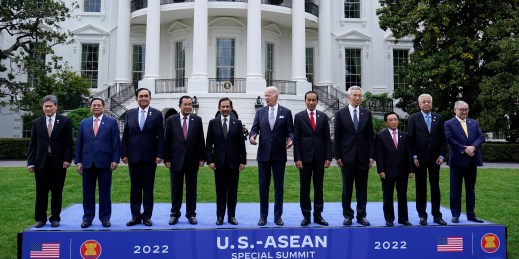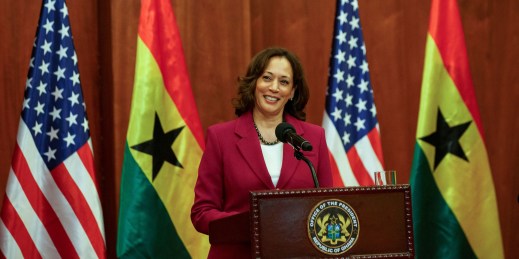
U.S. Vice President Kamala Harris is on a nine-day tour of Africa that includes stops in Ghana, Tanzania, and Zambia. But while Harris has strenuously avoided making references to Washington’s rivals, the growing competition for influence in Africa between the U.S. and China nonetheless loomed large during Harris’ tour.

